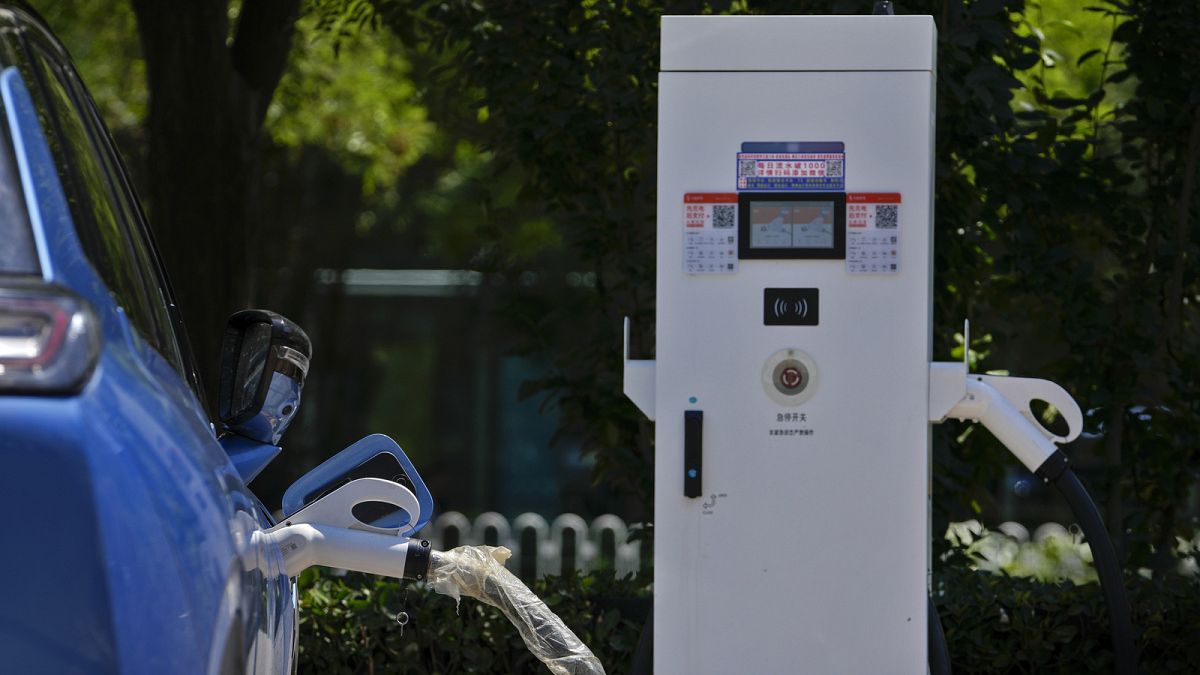The European Commission recently announced its intention to impose definitive duties on Chinese battery electric vehicles (BEVs) as a way to protect the EU’s homegrown BEV industry from unfair competition. The Commission’s draft final conclusions of its anti-subsidy probe outlined the intended duty rates for several Chinese BEV producers for a period of five years. Some rates were revised after challenges from Chinese manufacturers, with US-based Tesla receiving a lower duty rate due to full cooperation with the investigation. The rates aim to level the playing field and prevent Chinese subsidies from distorting the market.
Chinese companies that cooperated in the investigation saw a slight increase in the blanket duty rate, while non-cooperating companies had their rates reduced. The Commission attributed the changes to an error in calculation methods that has since been corrected. It was also announced that duties would not be retroactively collected for imports registered since March due to a lack of evidence of material harm. Companies or the Chinese government have 10 days to provide comments on the draft measures and request hearings, with the final duty rate expected to take effect by October 31.
The ongoing discussions between Brussels and Beijing highlight the potential for a trade war and Chinese retaliation as a result of the proposed tariffs. The anti-subsidy probe conducted by the EU revealed generous subsidies provided by Beijing to Chinese BEV producers, leading to an influx of cheap vehicles in the EU market. This surge in Chinese BEV imports raised concerns about economic injury to the EU industry and prompted the Commission to take action in the form of tariffs as a means of protecting domestic producers from unfair competition.
The EU’s approach to addressing China’s aggressive trade practices has not been without controversy, with some member states expressing concerns about the potential impact on European value chains. German car manufacturers with production sites in China have warned of the consequences of the tariffs on their operations. However, the Commission has defended its measures as necessary to prevent the EU from facing economic challenges and losing ground to emerging powers in the global market. The Commission remains open to finding an alternative solution with Beijing that aligns with WTO principles.
In conclusion, the European Commission’s decision to impose definitive duties on Chinese BEVs is a strategic move to safeguard the EU’s homegrown BEV industry from unfair competition and ensure a level playing field. The proposed duty rates, based on the anti-subsidy probe findings, aim to counterbalance the impact of Chinese subsidies on the market and prevent economic harm to EU producers. The ongoing discussions with China and potential for a trade war underscore the complex dynamics at play in global trade relations. While the tariffs have sparked debate within the EU, the Commission’s commitment to protecting European industries remains steadfast, with a focus on upholding WTO principles and fostering a fair, competitive market environment.










